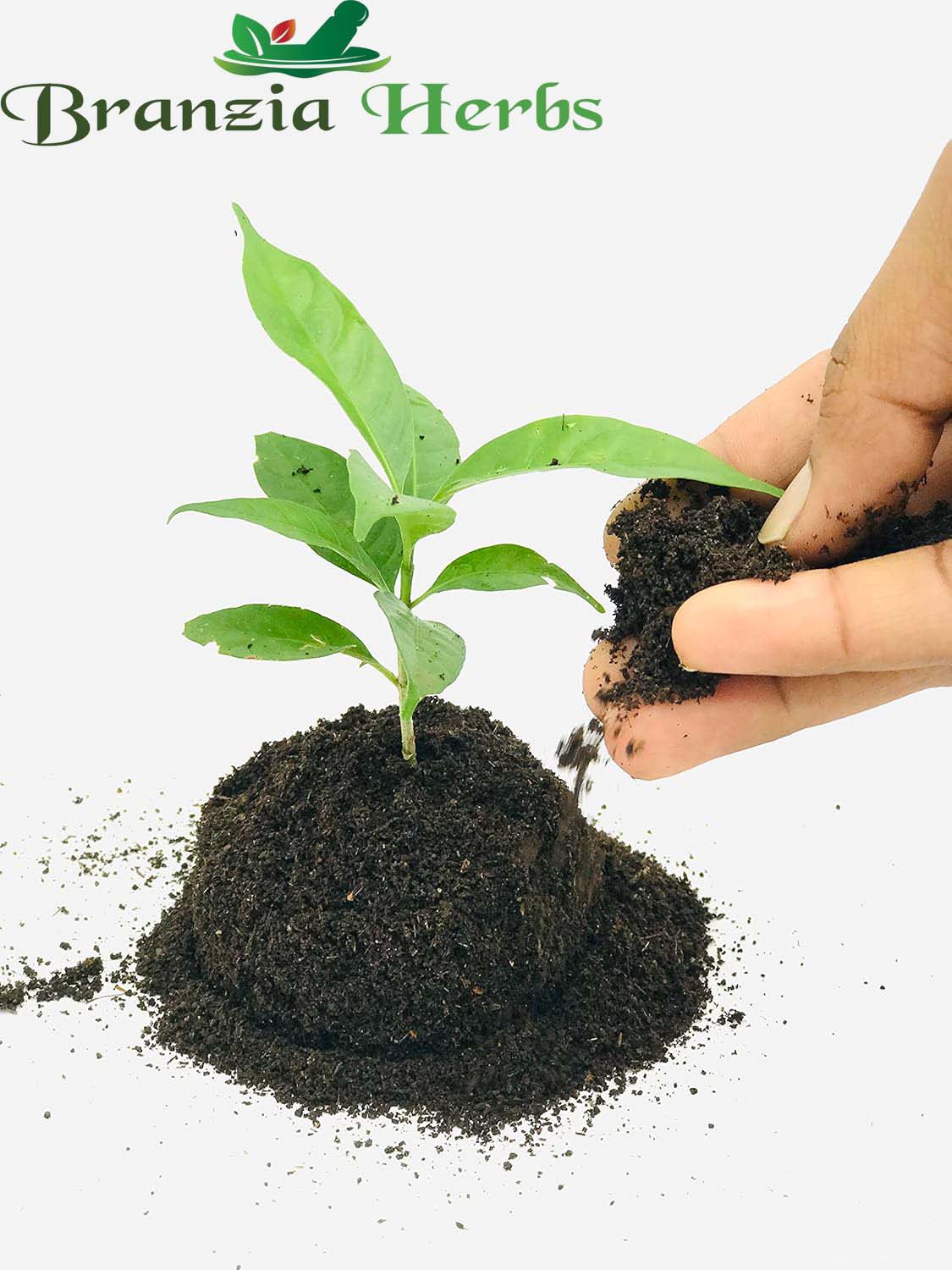Uses and Benefits
-
Growing Carrots:
-
Planting: Carrot seeds are sown directly into the soil. They require loose, well-drained soil and should be sown in early spring or late summer, depending on your climate.
-
Growth: Carrots typically take about 70 to 80 days to mature. Regular thinning is necessary to ensure the carrots have enough space to develop properly.
-
Culinary Uses:
-
Flavoring: Carrot seeds have a slightly earthy, spicy flavor and can be used to flavor dishes such as stews, soups, and pickles.
-
Seasoning: Ground carrot seeds can be added to spice blends or used as a seasoning in various recipes.
-
Medicinal Uses:
-
Digestive Health: Carrot seeds are known to aid digestion and may help alleviate digestive issues.
-
Anti-inflammatory: They contain compounds that have anti-inflammatory properties, which can be beneficial for overall health.
-
Traditional Remedies: In some traditional medicine practices, carrot seeds are used for their potential benefits in improving vision and boosting the immune system.
How to Use Carrot Seeds
-
As a Spice:
-
Toasted Seeds: Lightly toast carrot seeds to enhance their flavor before adding them to dishes.
-
Ground: Grind the seeds and use them in spice blends or as a seasoning for various dishes.
-
In Cooking:
-
In Pickles: Add whole or crushed carrot seeds to pickles for an extra layer of flavor.
-
In Soups and Stews: Incorporate them into soups and stews for a subtle, earthy flavor.
Storage
-
Dry and Cool Place: Store carrot seeds in a dry, cool place to maintain their viability for planting or their potency for culinary use.
-
Airtight Container: Use an airtight container to prevent moisture from affecting the seeds.
Growing Tips
-
Soil Preparation: Ensure the soil is well-tilled and free of rocks to allow the carrots to grow straight and true.
-
Spacing: Space the seeds about 1-2 inches apart to allow enough room for the roots to develop.
-
Watering: Keep the soil consistently moist but not waterlogged.
Carrot seeds are versatile and can be utilized in various ways, from planting your own carrots to adding unique flavors to your cooking or using them in traditional remedies.




